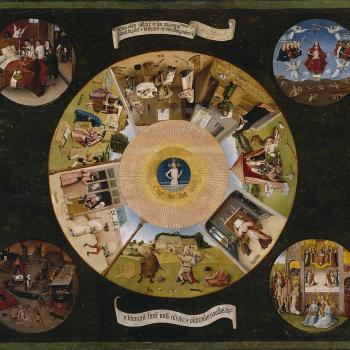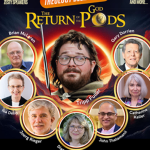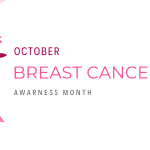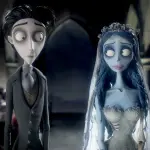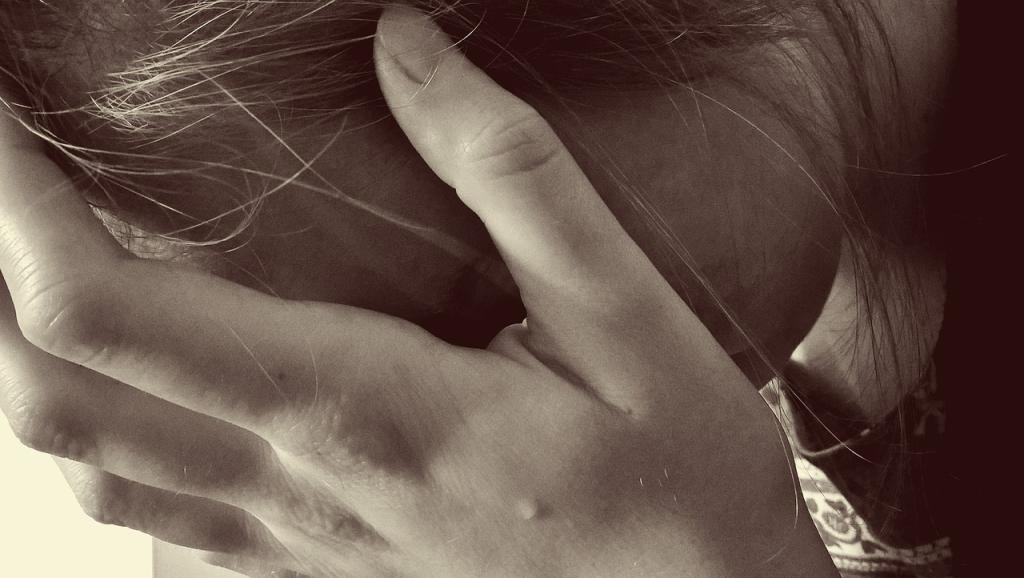
Image by Ulrike Mai from Pixabay
Death is not a topic many of us want to think about or read about. Few of us want to be reminded of the fact that there is a 100% mortality rate for humans. When we’re young, we act like we’ll live to be at least a hundred. But the century mark seems to approach far too fast when we’re older.
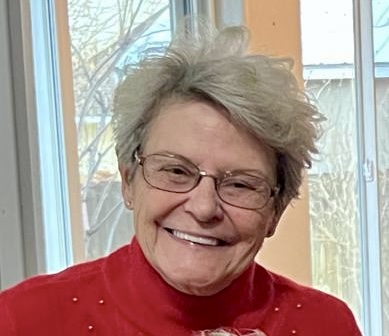
My wife’s aunt, Bonnie, passed away recently. She was only 77 and seemed relatively healthy for her age, but her heart attack surprised us.
I stood in the emergency room with her husband of 55 years, her four siblings, and many other family members who were in shock.
We grieve when someone we love and care about passes, and it’s good to agonize over the loss of a loved one. But at the risk of sounding a bit uncaring, I was surprised at how surprised everyone was with Bonnie’s passing.
For me, after standing at many deathbeds as a pastor and saying goodbye over the years to a boatload of friends and family members, including a grandson, I am more shocked at how we humans survive at all.
Every day, we encounter hundreds of things capable of ending our existence on this side of eternity.
- Texting and distracted drivers account for approximately 3,000 deaths a year, according to Forbes. (Did you know that April is “Distracted Driving Awareness Month?”)
- We come in contact with about 60,000 types of germs daily, 600-1,200 of which are potentially life-threatening to people with normal immunity.
- Believe it or not, an average of 150 are killed by falling coconuts each year.

Image by Pexels from Pixabay
Additionally, many other serious diseases cause a large number of deaths, such as cancer, heart disease, stroke, and diabetes. Despite what most of us would like to think, life is far more fragile than we realize.
Okay, take a breath. I’m not being pessimistic or attempting to freak you out. But of the 7.8 billion people on the planet today, 7.8 billion will someday take their last breath. You can fact-check me. 100% won’t be with us at some point in the next hundred years or so.
In his book The Dragon Reborn, Robert Jordan wrote, “Death comes to us all; we can only choose how to face it when it comes.” So true.
Here’s a question I want you to consider with me: Why do we struggle with the reality of our mortality?
This is especially important for those of us who claim to believe this world is not our home and that this life is just a grain of sand on the beach of eternity. (Note: a beach where coconuts won’t be a threat.)
- Why do we get so discouraged and depressed when we lose a friend or family member?
- Why do some live in dread and terror of death?
- Why do we ask the question I’ve heard many times, “Why did they have to die?”
Without a doubt, Bonnie will be missed. We just recently celebrated Easter with her and had a wonderful time. Yes, her husband will be lonely and long for her companionship. She leaves a thousand memories behind for her sisters, who will miss their big sis.
I miss my dad, my uncles and aunts, and my grandparents, who are gone. I miss my friends like Steve, Bob, Paul, and Gary, who all died tragically and way too early in their lives. I miss my grandson, who would have turned sixteen this past March. And someday, if I don’t go first, I will stand at the gravesite of other friends and family members, and yes, I will cry.
But being frustrated, shocked, or perhaps angry at God doesn’t truly help or make any sense. As many others have said, death is a part of life. Therefore, the critical question is, what does death and unforeseen loss teach us?
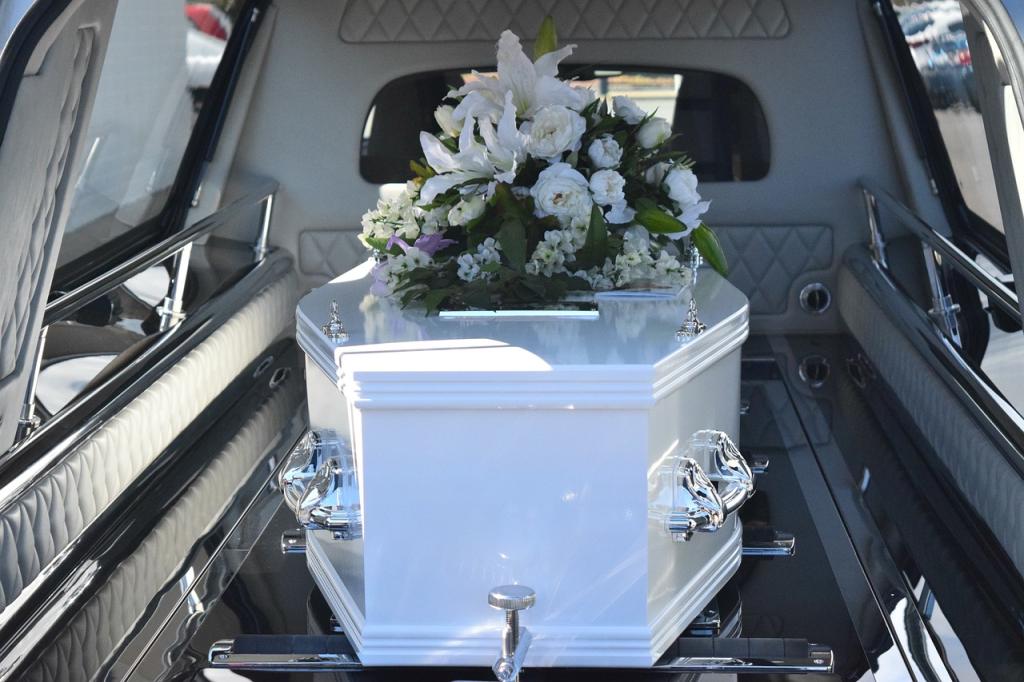
Image by Carolyn Booth from Pixabay
Three Lessons Learned Through Unexpected Death
- Life is precious, so don’t waste it doing things that don’t truly matter.
No one will say from their deathbed, “I wished I’d watched more television or spent more hours playing video games.” Live with intentionality, especially concerning your most precious relationships. You should invest in people because they are the only ones who truly matter.
- Relationships are a gift, and you cannot know when your last moment will come with someone, so never let the sun go down on any ugliness between you.
Never let harsh words become your last words with a friend or family member. “As far as it depends on you, live at peace with everyone” (Romans 12:18, NIV). Don’t let any tension, disappointment, or failure be the last thing you remember in any relationship that matters.
- We can grieve, and it’s healthy to do so, but we must not grieve at those without hope. (See 1 Thessalonians 4:13-18.)
I am a bawler. I don’t just cry; I weep and wail and do so unapologetically. Randy Alcorn wrote, “Healthy grief recognizes the reality of the loss, but it has an eternal perspective.” So, grieving is healthy, but as Christ-followers, we must remember we are eternal beings who don’t need to despair over the loss of a loved one who is in heaven.
Dealing with the unexpected death of someone we love without despair is a challenge. We generally focus on what we’ve lost. We think about the birthdays we won’t have, the holidays we won’t share, and the moments and future memories taken from us. And the sudden and unexpected loss didn’t provide us time to prepare or the opportunity to say goodbye.
But maybe, just maybe . . .
- We should learn to live every day as if it might be our last with those we love.
- We should thank God for every minute we have with those who are a huge part of His goodness to us.
Whatever trauma and shock you may experience at the unexpected loss of someone you love, thank God for the memories that are now treasures in your life. Each one is a priceless gift from Abba.
I was one of the last to leave the emergency room. I thanked the hospital chaplain for his support, then bent over and kissed Bonnie on the forehead. As I did, I whispered, “See you soon.” And I will.
Whether I live a few more days or a few more decades, time is short on this side of the hourglass. Rather than cause fear or stress me out, that fact motivates me to live every moment purposefully. How about you?
See you soon . . .

Image by alberto agostini from Pixabay





